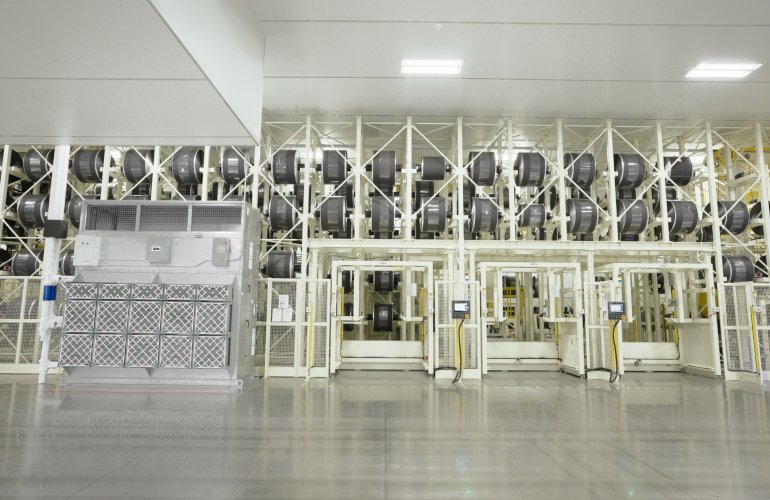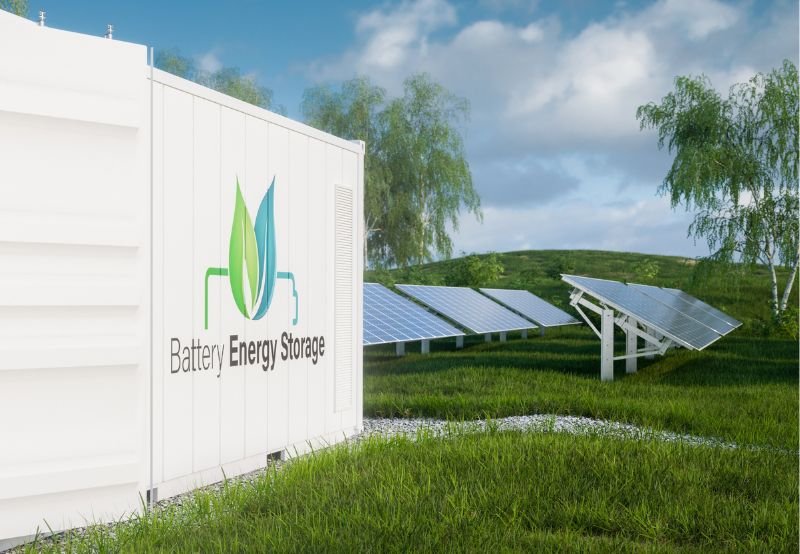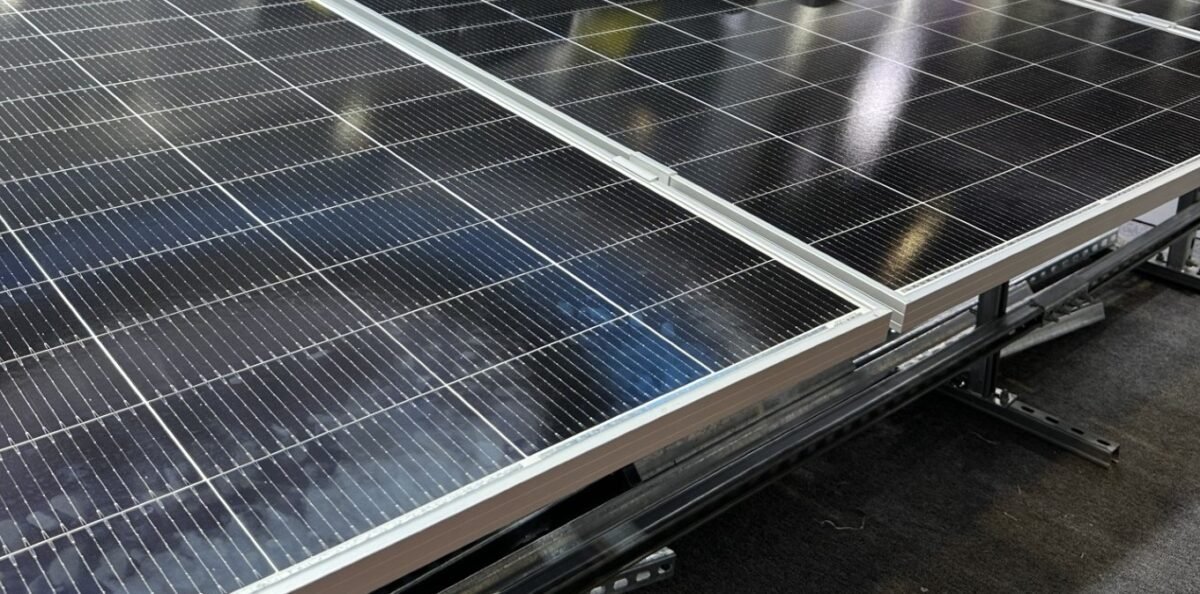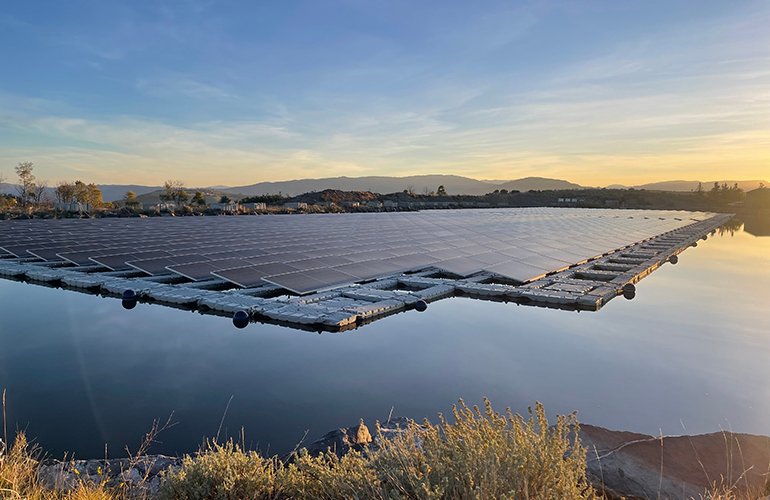LG Energy Solution Expands Michigan ESS Battery Plant to 30 GWh for Solar Storage
LG Energy Solution (LGES) is making a strategic move in the solar storage market by expanding its Holland, Michigan battery plant. The facility’s annual manufacturing capacity will nearly double from 16 GWh to 30 GWh – enough energy storage to power approximately 30,000 homes annually. This expansion focuses on advanced safety features in lithium iron phosphate (LFP) battery technology.
The Critical Role of Batteries in Solar Energy
While rooftop solar panels and home battery systems like the hybrid solar systems are growing, grid-scale energy storage remains the game-changer. LGES’s expansion will support large-scale solar farms and microgrid projects, addressing the challenge of energy waste when solar production exceeds demand.
Why Michigan Became a Battery Production Hub
The Great Lakes State offers a unique combination of assets for battery manufacturing:
– Skilled workforce from automotive industry legacy
– Strong renewable energy incentives
– Proximity to Canadian raw materials
– Strategic location near Midwest solar projects
Benefits for Solar Installers and Contractors
The expanded production capacity presents several advantages:
– Reduced supply chain delays
– Improved pricing through economies of scale
– Potential support for 300,000 residential solar-plus-storage systems annually
Enhancing Grid Reliability Through Storage
Recent energy crises in Texas and California highlight the importance of grid resilience. LGES’s LFP batteries offer superior longevity and daily cycling capability compared to older nickel-based alternatives, making them ideal for grid stabilization when paired with renewable energy sources.
The Economics of Solar Storage
While solar storage still carries premium pricing, market dynamics are improving:
– Federal Investment Tax Credit now covers standalone storage
– State-level incentives like Michigan’s renewable energy rebates
– Scaling production should drive down costs, following solar panel price trends of the past decade
As the Holland plant ramps up, the industry can anticipate ripple effects including peaker plant retirements, more viable community solar projects, and progress toward 24/7 renewable energy availability. This expansion transforms this Michigan town into a hub of clean energy innovation.






